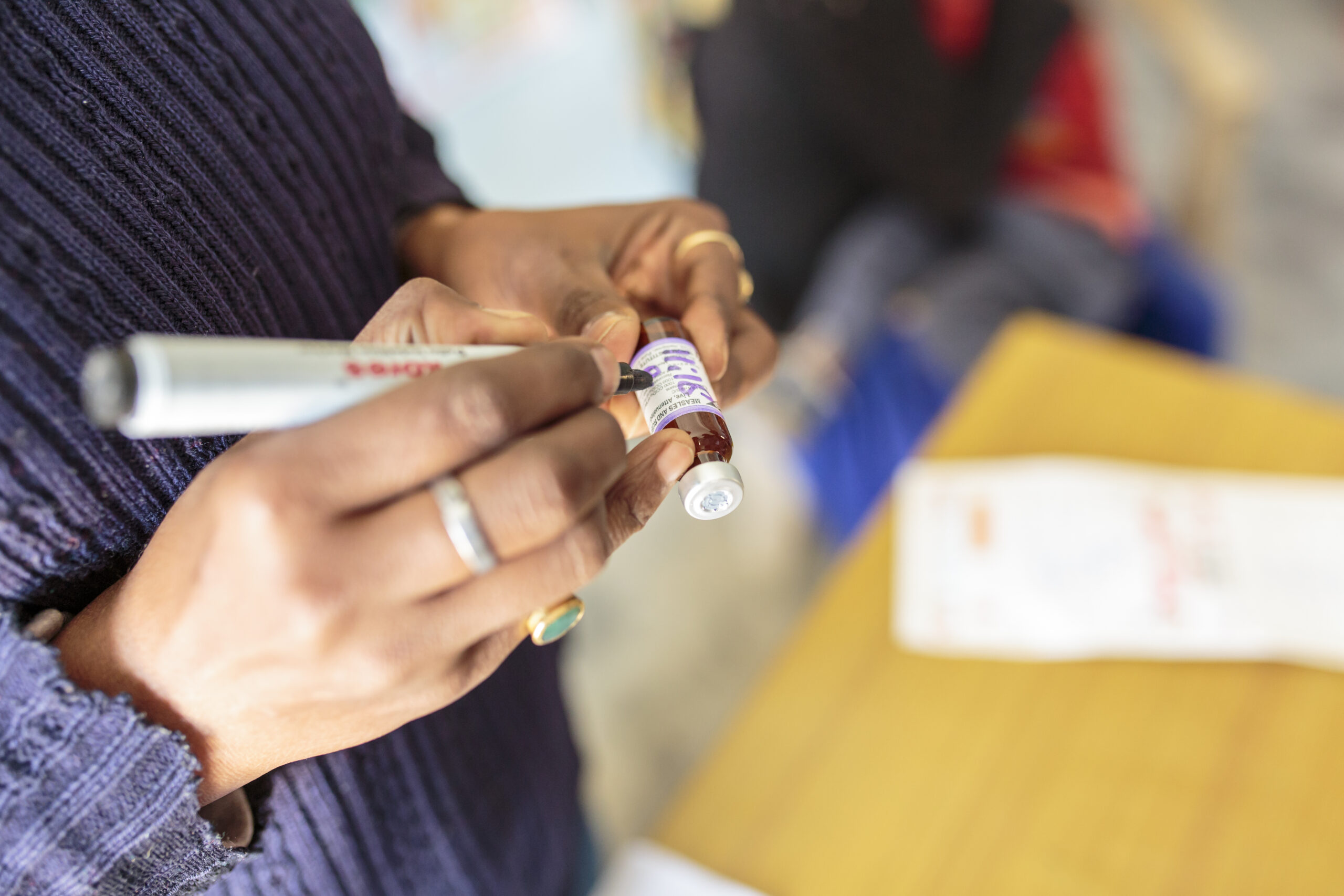Five Takeaways from the 2023 World Health Assembly
Read Executive Director Martha Rebour's key takeaways from the 2023 World Health Assembly.

The Impact of Climate on Global Health
Leaders and experts recognized the profound implications of climate change for public health and the need to bring more attention to them. Climate change alters temperature and rain patterns, leading, for example, to mosquitos moving north and bringing with them an increase of vector-borne diseases. Increased rain affects water quality, leading to an increased risk of water-borne infections like cholera and diarrhea, while stagnant water can become breeding grounds for mosquitoes, resulting in more outbreaks of diseases like malaria or dengue fever.
There was widespread recognition that countries need to develop proactive strategies and collaborate effectively with one another to meet these challenges. By implementing preventive measures, improving health infrastructure, and prioritizing sustainable development, countries can safeguard their people’s well-being and build resilience against climate-related health challenges. Of special note, the upcoming international climate change conference, COP28, will for the first time have an entire day devoted to climate and global health.
Pandemic Preparedness
The ongoing COVID-19 pandemic has exposed critical gaps in global preparedness for health emergencies. At the Assembly, leaders emphasized the need for countries to enhance their pandemic preparedness by strengthening surveillance systems, investing in research and development, and ensuring equitable access to diagnostics, treatments, and vaccines. By prioritizing early warning systems, transparent communication, and international cooperation, countries can effectively respond to future pandemics and minimize their impact.

Pictured: Shot@Life Executive Director, Martha Rebour, at World Health Assembly in Geneva
Supporting the Global Health Workforce
Recognizing the essential role of healthcare professionals, particularly nurses and health communicators, the Assembly underscored the need for comprehensive support and investment in the global health workforce. Properly training, equipping, and remunerating healthcare workers are crucial to ensure the delivery of high-quality healthcare services and strengthen health systems. Global health leaders called for greater investments in education, career development, and occupational safety for healthcare professionals worldwide. By prioritizing the well-being and empowerment of the healthcare workforce, countries can better protect their people’s health.
The Importance of HPV Vaccination
This year saw a particular focus on global immunization, especially in light of UNICEF’s State of the World’s Children report, which revealed that some 67 million children missed out on routine vaccinations due to the pandemic. To address these declines, WHO, UNICEF, and Gavi have launched the “Big Catch-Up” campaign, a targeted global effort to boost vaccination among children.
The Human papillomavirus (HPV) vaccine also received particular attention. HPV is a common sexually transmitted infection that can lead to various types of cancer, including almost all cervical cancer. Discussions at the Assembly made clear the importance of protecting individuals from HPV-related cancers by making the HPV vaccine accessible to all, especially now that there is adequate supply to meet global demand. Experts argued that increasing access over the next five years has the potential to save 3.5 million lives. Public health leaders urged countries to prioritize comprehensive HPV immunization programs, particularly for adolescent girls and boys, many of whom missed out on the vaccine during pandemic-related school closures. By expanding access to HPV vaccines and raising awareness about its benefits, countries can save countless lives.
The Importance of Data
A final key theme emphasized throughout the Assembly was the importance of accurate and localized health data. Accurate and comprehensive health data and analysis is necessary for identifying gaps in healthcare services, responding efficiently and effectively to health emergencies, and for highlighting areas that require attention and improvement. By leveraging high-quality health data, policymakers can make informed decisions to allocate resources efficiently, design targeted interventions, and implement evidence-based strategies. From reducing maternal and child mortality to combating infectious diseases and working towards universal health coverage, the effective utilization and analysis of high-quality health data is critical for ensuring a healthier and more sustainable future for all.
As the discussions at the Assembly made clear, we continue to face significant global health challenges, from the risks posed by climate change and future pandemics to the need to strengthen the health workforce and the battle against vaccine-preventable diseases. To tackle these challenges, it is crucial for countries and international organizations to work together, implement effective strategies, and allocate much-needed resources to global health. By prioritizing prevention, equitable access, and strong health systems, we can build a healthier and more resilient world and give more people a fair shot at life.
